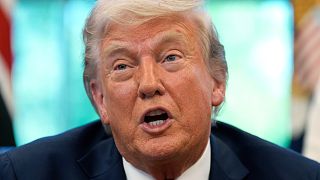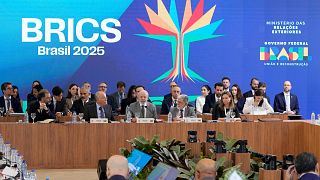Nigeria
Nigeria’s Senate on Tuesday in the capital, Abuja passed the government’s medium-term expenditure framework for 2018-2020 , raising its oil price assumption to $47 from $45 per barrel.
The government agreed on the document, in August before sending it to lawmakers for approval.
The framework is used to prepare the country’s budget.
Aside from the oil price assumption, all other details contained in the document were kept the same by the lawmakers in the upper house of parliament. It must also be passed by the lower chamber before being applied to spending plans.
Nigeria is Africa’s biggest oil producer, and crude-oil sales make up two-thirds of government revenue.
In the second quarter Nigeria emerged from its first recession in 25 years which was largely caused by low oil prices and militant attacks in the Niger Delta energy heartlands.
The budget framework projects crude production of 2.3 million barrels per day for next year. It also forecasts growth of 3.5 percent for next year, rising to 4.5 percent by 2019 and 7 percent by 2020.













Go to video
Key coalition partner votes against South Africa's budget
04:04
New budget battle looms in South Africa as parties reject VAT increase
00:49
South Africa projects wider deficits and rising debt despite improved growth
Go to video
Kenya to cut spending by nearly 2% in revised budget
Go to video
Kenya: President Ruto to address the Nation
Go to video
Kenya's president warns of major fallout after $80 billion debt relief effort fails